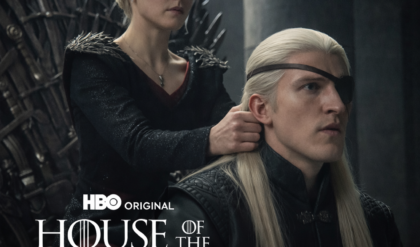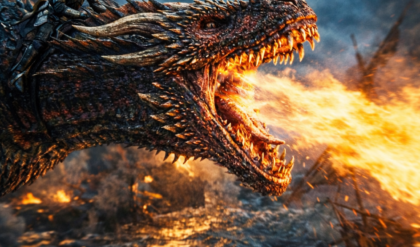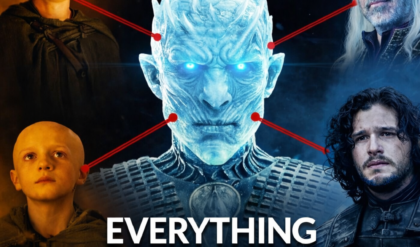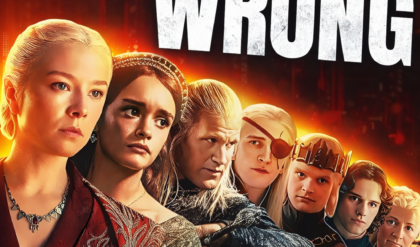Dragon Age Director’s Warning: Erasing LGBT Elements from BioWare Spells ‘Apocalyptic’ Disaster 🔥
Amid EA’s massive Saudi-backed buyout, a key insider drops a bombshell—scrapping progressive vibes could unleash fan fury that buries the studio. Is BioWare’s queer legacy safe, or facing a total wipeout? The stakes are sky-high:
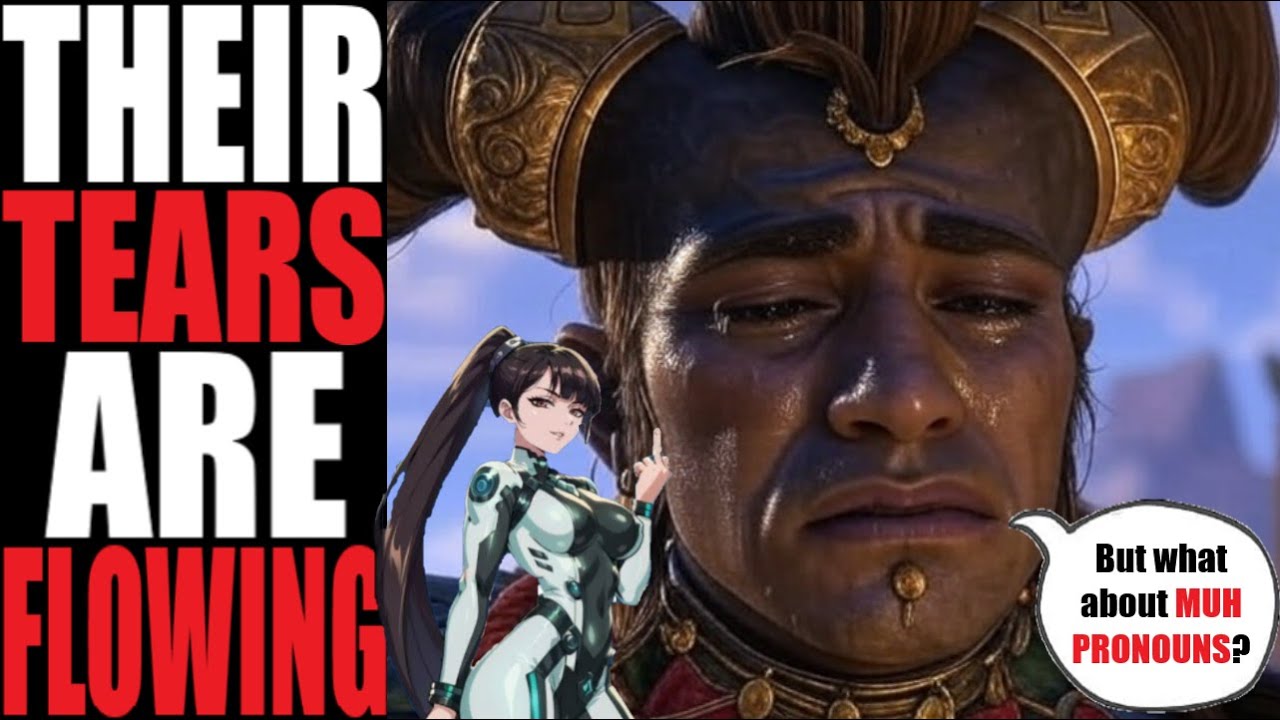
The gaming world is abuzz with uncertainty following Electronic Arts’ (EA) $55 billion acquisition by a consortium including Saudi Arabia’s Public Investment Fund (PIF), Jared Kushner’s Affinity Partners, and Silver Lake, announced in recent months. Fans of BioWare, the storied RPG developer behind franchises like Dragon Age and Mass Effect, are particularly on edge. These series have long been synonymous with progressive themes, including prominent LGBT representation, which some fear could clash with the new owners’ cultural influences. Enter Mark Darrah, former executive producer and director on multiple Dragon Age titles, who in a candid YouTube video dissected the potential fallout of any move to “erase” such elements from BioWare’s games. Darrah argued that pivoting away from the studio’s “very progressive messaging” would trigger public perception so damaging it could be “apocalyptically bad,” potentially dooming the brand.
Darrah, who spent over two decades at BioWare before departing in 2021, knows the studio’s DNA intimately. In his analysis, he speculated that while newer or less established EA studios might face pressure to align with the acquirers’ preferences—such as steering clear of content that could “make you look bad”—BioWare’s entrenched history makes such changes untenable. “It’s hard to imagine that you have BioWare pivot from having very progressive messaging to having the reverse because it’s what the government wants,” Darrah stated, emphasizing the risk of alienating a core fanbase that has come to expect inclusive narratives. He suggested the new owners might opt to leave BioWare alone or even sell it off if it no longer fits their vision, drawing parallels to how sports-focused investments like EA Sports could thrive under PIF’s soccer-centric portfolio.
BioWare’s commitment to LGBT inclusion dates back nearly two decades, predating modern “woke” debates. Early examples include the lesbian romance option with Juhani in 2003’s Knights of the Old Republic and same-sex relationships in Jade Empire. The Dragon Age series amplified this with bisexual companions and player choices in Origins (2009), evolving into more nuanced portrayals like the transgender character Krem in Inquisition (2014). Mass Effect followed suit, offering same-sex romances amid interstellar adventures. Lead writers like David Gaider, who helped shape these elements, have defended them as integral to the storytelling, arguing they enhance immersion without harming sales. Gaider, who left BioWare in 2016, recently dismissed “woke” criticisms of Dragon Age: The Veilguard as coming from “tourists” unfamiliar with the franchise’s roots.
The Veilguard, released in late 2024, became a flashpoint. Marketed as “inherently queer” by its director, it featured pansexual companions, pronoun options, and diverse character creators, drawing praise from LGBT advocates but backlash from segments accusing it of prioritizing politics over gameplay. Sales fell short of expectations by nearly 50%, with 1.5 million units against a 3 million target, echoing flops like Anthem. Critics on platforms like Steam and Reddit lamented “surface-level” representation, immersion-breaking dialogue, and sidelined lore, while others decried it as “go woke, go broke.” Despite this, it won Game of the Year at the 2025 Gayming Awards, highlighting a divided audience.
Darrah’s comments arrive as EA grapples with the acquisition’s implications. PIF, Saudi Arabia’s sovereign wealth fund, has invested heavily in gaming and sports to diversify the kingdom’s economy under Vision 2030, but its conservative social policies raise eyebrows. Darrah noted that studios without BioWare’s “track record” might see content steered toward PR-friendly directions, potentially censoring LGBT elements in lesser-known projects. For BioWare, however, the backlash calculus differs: fans who buy for choice-driven narratives, including queer romances, could boycott en masse, tanking the IP. On X, reactions range from fears of delisting Dragon Age for “LGBT content” to defenses that the series has always been inclusive.
This isn’t BioWare’s first brush with controversy. Past entries faced criticism for uneven representation, like the handling of transgender NPCs or romance options, prompting patches and consultations. Leaks from Veilguard testers alleged ignored feedback on “woke” elements, pronoun-heavy dialogue, and sidelined characters like Solas, fueling perceptions of a studio out of touch. Layoffs post-Veilguard, including director Corinne Busche’s departure, add to the instability.
Broader industry trends amplify concerns. Recent titles like Concord and Dustborn flopped amid similar “woke” accusations, while successes like Baldur’s Gate 3 balanced inclusivity with strong gameplay. Darrah, now a YouTuber sharing BioWare insights, cautioned that meddling could force a reckoning: preserve the progressive core or risk irrelevance. EA has not commented on content changes, focusing instead on integration.
On Reddit and X, debates rage. Some hail BioWare’s history as a “safe haven” for underrepresented groups, arguing erasure would betray its legacy. Others, echoing YouTube rants, decry “DEI hires” and predict the studio’s demise. Darrah’s video, while speculative, underscores a tension: in an era of global investments, can BioWare’s identity survive without self-sabotage?
As EA navigates this, the real test lies ahead. Upcoming Mass Effect projects may reveal if progressive elements persist or face dilution. Darrah’s warning serves as a cautionary tale: tampering with BioWare’s formula could unleash not just backlash, but an existential crisis for one of gaming’s pioneers. Whether the acquisition revitalizes or dismantles the studio remains unclear, but one thing is certain—the fandom’s divided loyalties will shape the outcome.
